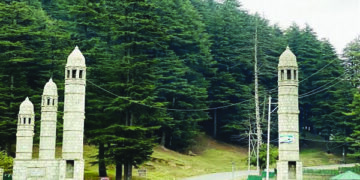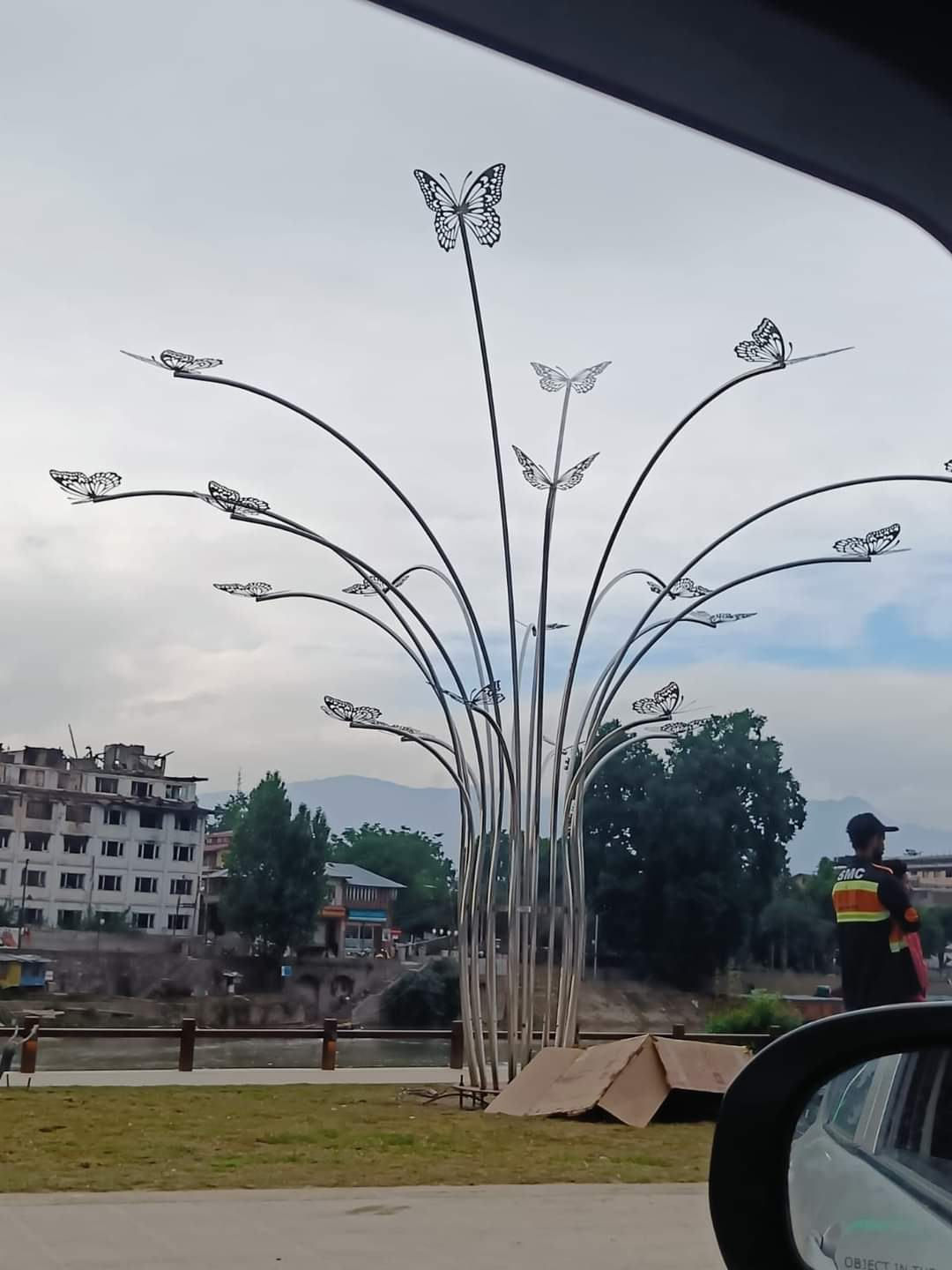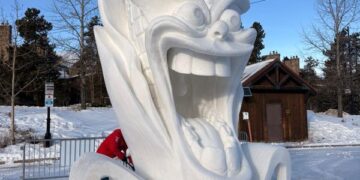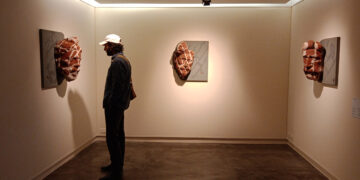In just a few decades, humanity has made astonishing advancements—so much so that living on another planet no longer seems like a distant dream. From AI-powered robots and self-driving cars to breakthroughs in medicine and genetic engineering, our technological achievements are staggering. And yet, alongside these marvels, we’ve also built tools of destruction—advanced weaponry that we tragically continue to use against one another.
Despite our evolution, we remain entangled in primitive ideologies of conquest and domination. While science cures diseases and reaches for the stars, war pulls us back into darkness. Today, wars continue to rage across the world, and millions are caught in the crossfire—none more tragically than the people of Palestine.
As the world watches, Gaza bleeds. Children are being killed at point-blank range, homes reduced to rubble, and families left to starve. The ongoing Israeli-Palestinian conflict has escalated to an unprecedented humanitarian crisis, with humanitarian aid often blocked and global powers largely silent. What we are witnessing is not just conflict—it is genocide. And the global community, though aware, remains passive.
Yet, in the midst of silence, some voices rise. Artists, activists, and nonprofit organizations are working with the means they have. Among the most powerful of these are a new generation of rap artists, who are using their music as a form of protest, truth-telling, and advocacy. Across continents, these musicians are drawing attention to the Palestinian struggle, using their platforms to amplify stories that might otherwise go unheard.
Influential Rap Voices Supporting Palestine
Kneecap (Ireland)
This Irish-language rap trio has made headlines for their bold pro-Palestinian stance, especially during major performances like Coachella 2025. With messages like “Israel is committing genocide against the Palestinian people,” they’ve faced political backlash and lost U.S. gigs. Mo Chara, one of the members, even faced legal issues in the UK for displaying a Hezbollah flag. But Kneecap stands firm, describing their art as a moral duty to spotlight the crisis in Gaza. Supported by artists like Paul Weller and Hasan Piker, they continue to speak out unapologetically.
Shadia Mansour (UK/Palestine)
Dubbed “the First Lady of Arabic Hip Hop,” Shadia Mansour delivers her powerful verses in Arabic and English. Known for her critiques of Israeli policies and celebrations of Palestinian identity, she often performs in traditional attire. Fiercely committed to gender equality, she refuses to perform for gender-segregated audiences, blending lyrical activism with cultural pride.
DAM (Palestine)
Formed in Lod in 1999, DAM was among the first Palestinian rap groups. Performing in Arabic, Hebrew, and English, their music confronts occupation, inequality, and social challenges. Their famous track “Meen Irhabi?” (“Who’s the Terrorist?”) critiques global narratives that vilify Palestinians. Through education and music, DAM continues to inspire resistance and resilience.
MC Abdul (Gaza)
At just 15, Abdel-Rahman “MC Abdul” Al-Shantti has become a viral sensation, offering raw, emotional insight into life in Gaza. His songs like “Shouting at the Wall” and “Palestine” have reached global audiences, capturing the heartbreak and hope of a generation growing up under siege. His collaboration on the track “Deira” with Saint Levant and Macklemore brought even more visibility to his voice.
Shabjdeed & BLTNM (Palestine)
Shabjdeed and his crew BLTNM—including Al-Nather—offer unfiltered narratives from occupied Palestine. Their music, gritty and real, uses street slang and local dialects to depict daily life under oppression. The track “Inn Ann” has become a rallying cry among young Palestinians resisting erasure.
Saint Levant (Palestine/International)
A multilingual artist of Palestinian heritage, Saint Levant mixes hip-hop and R&B in Arabic, French, and English. His song “Deira” is a heartfelt tribute to Gaza’s heritage and architecture, blending diaspora identity with homeland memory.
Lowkey (UK/Iraq)
British-Iraqi rapper Lowkey has long been a fierce critic of Israeli policies. A passionate activist, he participates in initiatives like #AirDropNowForGaza and frequently collaborates with fellow politically conscious artists like DAM and M-1. Lowkey merges rap with political theory, making his art both intellectual and incendiary.
These artists aren’t just performers, they’re cultural warriors. Their music narrates lived experience Painting vivid stories of war, displacement, and endurance from Gaza’s streets to refugee camps. Through their performance they are building global solidarity by crossing linguistic and cultural barriers, they unite people under a common cause of justice. Moreover Their lyrics counter misinformation, reclaim identity, and expose the truths neglected by mainstream media.
Many such artists and art groups donate proceeds to humanitarian causes, like Macklemore’s “Hind’s Hall,” which directly funds relief efforts.
Artists and activists are doing their part, but their efforts alone are not enough. Meaningful change can only come when the kings and princes of neighboring nations take a firm stand and work collectively toward a solution that guarantees the Palestinian people a life of dignity and peace.





